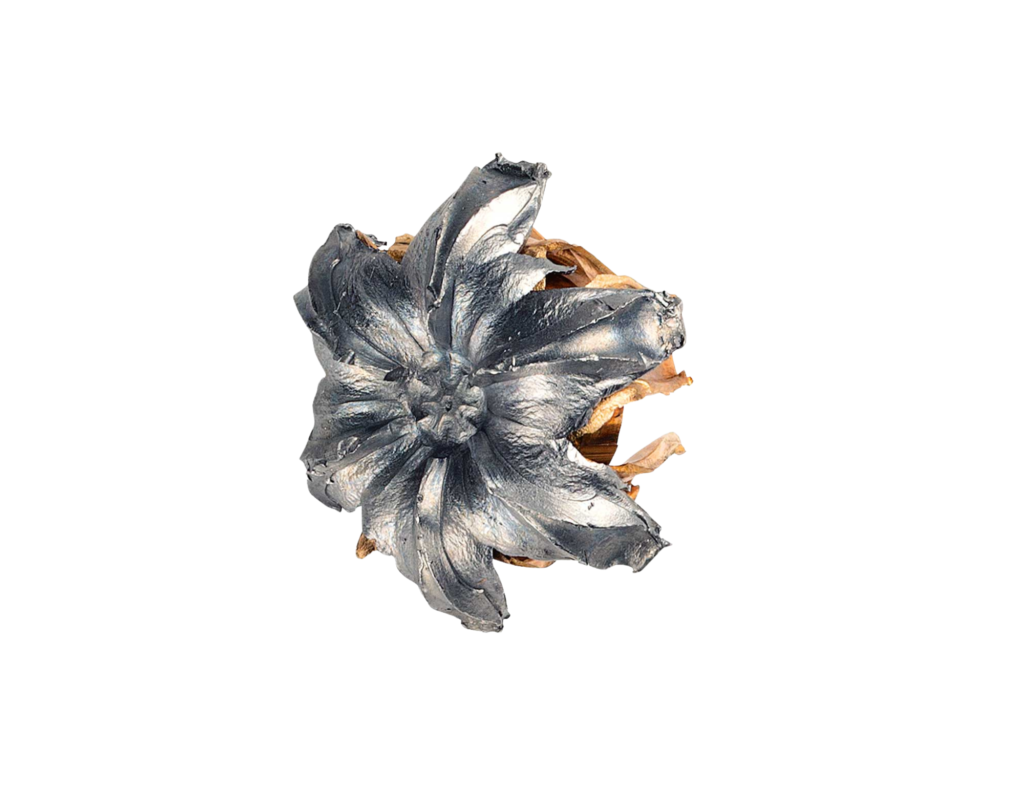
by George Emanuel

“Can I use my practice ammo for carry?”
It’s a common question among firearm owners, but the answer isn’t straightforward. While it might seem convenient to use your practice ammunition for everyday carry (EDC), there are significant considerations to keep in mind.
First, practice ammunition, often referred to as ball ammo, is typically designed for target shooting and military use. It lacks the specialized characteristics needed for self-defense scenarios. One of the primary differences is in the design and performance of the ammunition upon impact. Practice ammo is generally full metal jacket (FMJ) or similar, designed to penetrate targets without expanding significantly. This can lead to over-penetration in self-defense situations, where the bullet might pass through the target and potentially injure innocent bystanders.
In contrast, self-defense ammunition, such as hollow point rounds like Speer Gold Dot or Hornady Critical Defense, is engineered to expand upon impact, transferring its energy more effectively into the target while reducing the risk of over-penetration. This expansion increases stopping power and decreases the likelihood of collateral damage, making it safer for personal defense use.
Another critical factor is reliability. When it comes to EDC, reliability is non-negotiable. Self-defense ammunition should be rigorously tested, by you, to ensure it functions flawlessly in your gun. This includes feeding reliably from the magazine into the chamber of your firearm and firing consistently when needed. Using unreliable or improperly functioning ammunition in a life-threatening situation could have catastrophic consequences. Anything less than 100% reliability over a hundred rounds is unacceptable.
Cost is also a consideration. Quality self-defense ammunition can be expensive, priced higher per box than practice ammo. However, this cost reflects the research, development, and testing that goes into creating reliable defensive rounds. It’s an investment in your safety and legal protection. While it may seem economical to use cheaper practice ammo for EDC, the potential risks outweigh the cost savings.
Legal implications further underscore the importance of using appropriate ammunition for self-defense. In the aftermath of a defensive shooting, every aspect of your actions, including your choice of ammunition, will be scrutinized. Prosecutors may question why you chose ammunition not specifically designed for self-defense, potentially portraying it as excessive or inappropriate for the situation. This could complicate your legal defense, emphasizing the need for ammunition that is widely recognized as suitable for personal protection.
Moreover, the shelf life and environmental factors affecting ammunition integrity are crucial. Over time, ammunition can degrade due to exposure to moisture, temperature fluctuations, and other environmental conditions. Self-defense ammo should be rotated out regularly, typically annually, to ensure it remains reliable and effective. Practice ammo, while suitable for training, does not require the same level of maintenance and can be used until expended without the same concerns about degradation affecting its performance.
Choosing the right ammunition for EDC involves more than just picking what’s available or economical. It requires careful consideration of ballistic performance, reliability, legal implications, and long-term maintenance. Researching and testing different types of self-defense ammunition in your firearm is essential to determine what functions reliably and accurately for you.
In conclusion, while practice ammunition serves its purpose on the range, it is not suitable for EDC. The characteristics that make it economical and practical for training—such as full metal jacket construction and lower cost—are precisely what make it less suitable for self-defense. Investing in quality self-defense ammunition ensures you’re prepared for potential threats while minimizing risks to yourself and others. Remember, in a life-threatening situation, your ammunition choice can make all the difference. It’s not just about stopping power—it’s about safety, legality, and responsible firearm use.
“A gunfight is not the time to say oops.” Choose your ammunition wisely, practice with purpose, and prioritize your safety at all times.